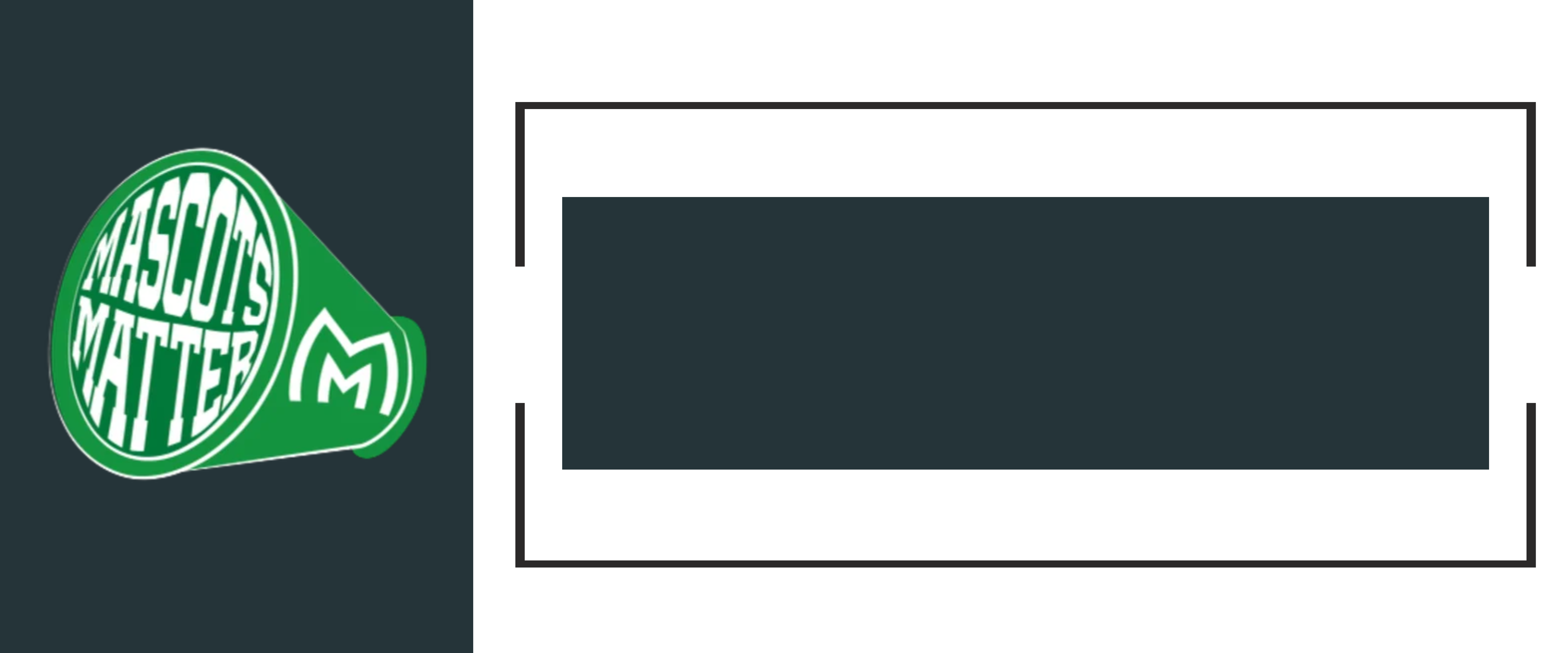Our Mission
At Mascots Matter Campaign, we are passionate about advocating for the retirement of offensive mascots. Our mission is to raise awareness about the impact these mascots have on societies, particularly focusing on disability rights advocacy. By providing educational resources and facilitating petitions, we aim to inspire change and foster a more inclusive environment.
Our Impact
Since our inception, the Mascots Matter Campaign has been working to educate and promote discussions about retiring the mascot at these schools. We have strived to work through collaborative efforts with communities and stakeholders when these schools are willing to do so. We are continuing to work to make a difference as we strive to create a world where all individuals feel respected and valued.
Our Story
The Mascots Matter Campaign began as a grassroots movement, initiated by a group of passionate advocates dedicated to challenging the normalization of offensive mascots. Recognizing the deep-rooted societal impact of these symbols, the team has sought to create a platform that not only educates but also mobilizes communities to take action.
Independent Effort
The Mascots Matter Campaign is a grassroots movement led by adults with dwarfism and parents of children with dwarfism. It is not affiliated with any program or project connected to any national dwarfism organizations.
Meet Our Team
Rachel Wherley – Founder & Co-Director
Rachel Wherley is a little person, parent of a little person, and the founder of Mascots Matter. With a strong presence on social media, Rachel has leveraged her platform to amplify the voices of the dwarfism community and advocate for change. Passionate about disability rights, she launched Mascots Matter to challenge the use of harmful and outdated mascots, fighting for a more inclusive future. Her leadership and dedication continue to drive the campaign’s success.
Shelby Holloway – Co-Director
As a widely recognized advocate with millions of followers, a current student in Diversity Studies, and a little person, Shelby Holloway brings powerful storytelling and public engagement to Mascots Matter. Her commitment to disability awareness and advocacy has helped elevate the campaign’s reach, securing national attention. Through strategic media outreach and community engagement, Shelby ensures that Mascots Matter remains a force for meaningful change.
Erin Elswood – Co-Director
A licensed school counselor and dedicated advocate, Erin Elswood combines her expertise in education, law, and disability rights to lead Mascots Matter’s outreach and policy initiatives. As the mother of a child with dwarfism, Erin’s advocacy is deeply personal. Her education background, specifically work with Section 504 is an important strength for the campaign. Her strategic approach helps drive the campaign forward.
Understanding Offensive Mascots
The continued use of the term “midget” as a mascot by five U.S. high schools—Putnam County High School (Unionville, MO), Freeburg Community High School (Freeburg, IL), Dickinson High School (Dickinson, ND), Estherville Lincoln Central High School (Estherville, IA), and Butternut High School (Butternut, WI)—has a direct and harmful impact on people with dwarfism, also known as Little People. The term, originating from the exploitative “Freak Show” era, was used to dehumanize individuals with short stature, reducing them to mere curiosities for public entertainment. Today, the word “midget” not only lacks any medical meaning, it remains a slur that continues to marginalize and belittle a disabled community made up of those who have, for centuries, faced mockery, objectification, and disrespect.
Its use as a mascot promotes harmful stereotypes, and whether used unintentionally through ignorance or uttered with malicious intent, this hurtful term amounts to harassment in public spaces. These mascots, we strongly believe, are violations of Section 504 of the Rehabilitation Act, which prohibits discrimination on the basis of disability in programs and activities receiving federal financial assistance, such as public schools. By clinging to a slur that is widely recognized as offensive to those living with a genetic anomaly, these schools and their school boards continue to foster a culture of exclusion and disrespect.
The continued use of this outdated and offensive term also sends a dangerous message to students: that tradition and nostalgia are more important than respect and dignity for all. However, by acting to retire the “Midget” mascot, these schools have the opportunity to lead by example, choosing respect over tradition and promoting inclusion, equity, and understanding. The stakes are high, not just for the Little People community but for the values we instill in the next generation


